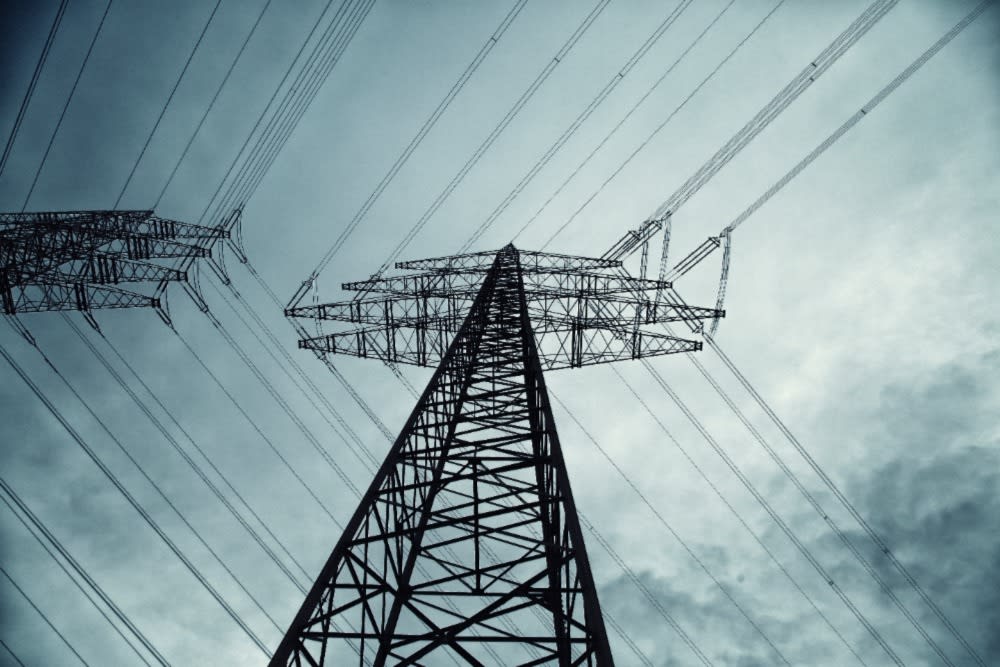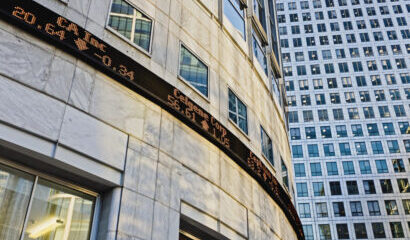The ultimate black swan: European equity bankers yet to brace for huge Trump volatility risk
A second Donald Trump term could have a profound effect on European equity capital markets but there are few ideas about how to mitigate against the volatility of his return to the White House.
Advisers and investors alike know equity capital markets operate best in an environment of low economic volatility and political stability. Without being too alarmist, many know Trump’s return could shatter both. For now, there are no contingency plans in place yet or talk of shifting calendars to offset a potential market shock of his election and subsequent policies, market practitioners say.
“It’s absolutely right to raise this because it’s surprising that nobody is talking about Trump winning,” an investor told ECM Pulse. “I think there are too many uncertainties, and most banks don’t know what to do.”
There has been an assumption that declining inflation and little sign of global recession would lead to a steady cut in interest rates and a better European ECM year in 2024 and beyond. Plenty of IPO candidates rely on this calm, eying windows late this year and next, according to Dealogic’s predictive IPO Pipeline.
Trump though, arguably the favourite for November’s election, could disrupt this. He is reportedly considering punitive US/European tariffs and his reluctance to defend NATO allies against Russia puts Europe’s defence at risk.
Some bankers pointed out that a Trump election can be good for stocks, which may be true for the S&P 500, but his “America First” agenda should not comfort European ECM bankers given the impact that a trade war or a wider conflict between European countries and Russia, would have on European equities.
“Trump may be great for the US but he’s not good for stocks from the rest of the world; tariffs for example will really hurt Germany, which will be hit with a triple whammy of US tariffs, tariffs on China and Russian gas prices,” said Chris Brown, chief investment officer at wealth manager at IPS Capital. “If you are a German auto manufacturer, for example, then what Trump is talking about is not good news.”
Chris Ennals, IPO consultant and former ECM Managing Director at Credit Suisse, echoed the concerns over the impact that universal tariffs could have on European stocks but added that some, like European defence firms, might be winners in the event of a Trump win. A European ECM banker noted that some of German defence contractor Renk’s [ETR:R3NK] post-IPO trading surge was likely linked to Trump’s comments on NATO.
Return of the bad old days
European ECM issuance was hit hard in 2018 and 2019, as an emboldened president Trump spread his wings after a more restrained first year.
Chart note: Trump years shown in red
His trade war with China stalled European ECM issuance, with the normally consistent blocks market often hamstrung by US index volatility just before launch. Blocks bankers at the time bemoaned the opportunities missed on the back of a Trump tweet. JP Morgan went so far as to create a Trump volatility index to measure the impact that the president’s tweets were having on financial markets.
While the Biden years of 2022 and 2023 have had even lower European ECM volumes, this had little to do with the occupant of the Oval Office, driven largely by rate increases and the war in Ukraine.
Bankers should remember the Trump years, a time when the president himself was responsible for deal-killing volatility, said one of the bankers. “I don’t know if anyone has an answer to this yet, but it’s incredibly topical,” a second European ECM banker said.
“We, as a market, often concentrate too much on what’s close to our noses, but we have to plan business further out, a short-term viewpoint doesn’t help anyone,” the banker added.
Switching on
The ECM investor noted it would be a good idea to bring deals ahead of the election, if banks can, although he didn’t know whether timelines could be accelerated that fast. Europe has seen quick IPO processes before, Porsche [ETR:P911] for example went from mandating IPO banks in February 2022 to pricing in September, it can be done.
Bankers know geopolitical events can derail IPOs in an instant. Two years ago, ECM Pulse previewed the 2022 Easter IPO window, including several multi-billion listings led by Swiss skin-care conglomerate Galderma. Russia’s invasion of Ukraine later that month ended all hopes of an April IPO window; none of the IPOs have taken place since, with issuers seeking alternative plans.
From the summer onward, people expect thinking to shift to the risks of Trump and volatility mitigation. “It’s a binary choice and suddenly people are going to switch on, likely around August or September,” said IPS Capital’s Brown.
The second ECM banker noted that it would be best to not do any significant risk underwriting around November, often a difficult month for equities anyway, to avoid losses due to election volatility.
In the best-case scenario, a second Trump term would be a repeat of the first, unpredictable and volatile but manageable, with investors used to more heightened geopolitical risk after the pandemic years and the invasion of Ukraine.
The worst case is almost unthinkable, but so was the COVID-19 pandemic and a major conflict on European soil before they took place.
“The pushback from some will be that whilst there is a lot of serious talk coming from Trump, how much is he going to do?” the investor said. “It is very dangerous to make that assumption, but when you are making such heightened statements, it is hard to price it in.”
Bankers and their clients need to work out whether they are willing to take a gamble, or try and get out ahead of November.











